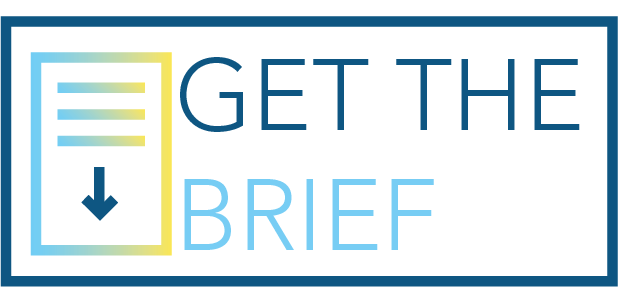Is the Team All Right? Depends on Who You Know
Fifteen years have passed since Ladson-Billings (2005) posed a simple question regarding the improvement of schools through teacher education, “Is the team alright?” She asserted that “the real problems facing teacher education are the disconnections between and among the students, families, and community and teachers and teacher educators” (p. 229). To provide our own answer to this question, we studied the social networks dynamics of a smaller subset of the teacher education team; pre-service teachers (PSTs).
Athanases, S. Z., & De Oliveira, L. C. (2008). Advocacy for equity in classrooms and beyond: New teachers’ challenges and responses. Teachers College Record, 110(1), 64-104.
Borgatti, S.P., Everett, M.G. and Freeman, L.C. 2002. Ucinet 6 for Windows: Software for Social Network Analysis. Harvard, MA: Analytic Technologies.
Borgatti, S. P., Everett, M. G., & Johnson, J. C. (2018). Analyzing social networks. Sage.
Cochran-Smith, M. (2010). Toward a theory of teacher education for social justice. In Second international handbook of educational change (pp. 445-467). Springer, Dordrecht.
Daly, A. J., Moolenaar, N. M., Bolivar, J. M., & Burke, P. (2010). Relationships in reform: The role of teachers' social networks. Journal of educational administration.
Enterline, S., Cochran-Smith, M., Ludlow, L. H., & Mitescu, E. (2008). Learning to teach for social justice: Measuring change in the beliefs of PSTs. The New Educator, 4(4), 267-290.
Ladson-Billings, G. J. (2005). Is the team all right? Diversity and teacher education. Journal of teacher education, 56(3), 229-234.
Lin, N. (2002). Social capital: A theory of social structure and action (Vol. 19). Cambridge university press.
Mills, C., & Ballantyne, J. (2010). Pre-service teachers' dispositions towards diversity: Arguing for a developmental hierarchy of change. Teaching and Teacher education, 26(3), 447-454.
Reagan, E. M., Chen, C., & Vernikoff, L. (2016). “Teachers are works in progress”: A mixed methods study of teaching residents’ beliefs and articulations of teaching for social justice. Teaching and Teacher Education, 59, 213-227.
Seifert, K., & Mandzuk, D. (2006). Student cohorts in teacher education: Support groups or intellectual communities?. Teachers College Record.
Wasserman, S., & Faust, K. (1994). Social network analysis: Methods and applications (Vol. 8). Cambridge university press.
Wideen, M., Mayer-Smith, J., & Moon, B. (1998). A critical analysis of the research on learning to teach: Making the case for an ecological perspective on inquiry. Review of educational research, 68(2), 130-178.
Zeichner, K. M. (2009). Teacher education and the struggle for social justice. routledge.
